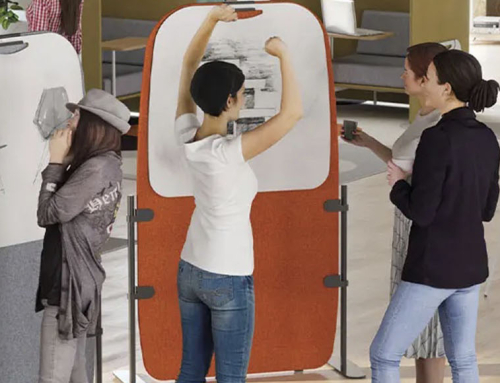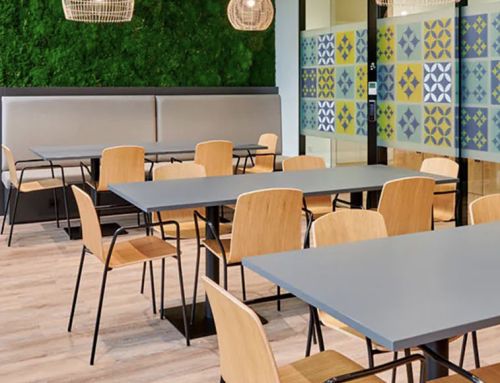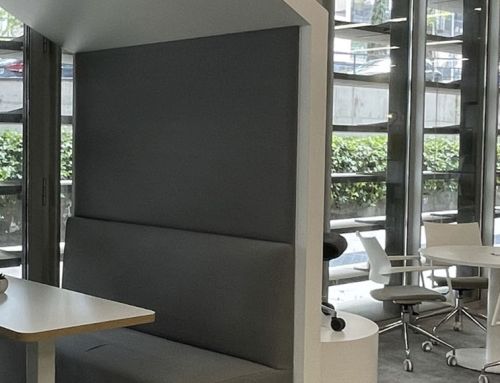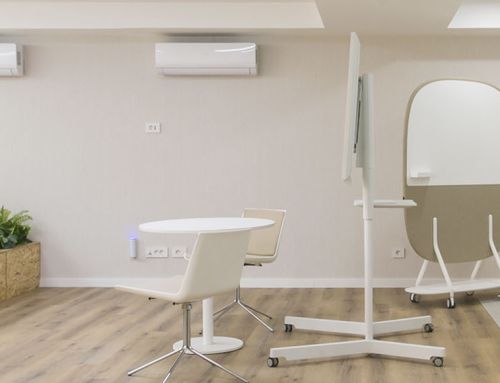The Covid19 pandemic has displaced the workforce of organizations to work from home, accelerating new forms of work such as teleworking by force majeure. But the reality is that employees want to go back to the office.
Working from home is a double-edged sword. It has made it easier for many companies to continue their activity and employees to gain flexibility and to reduce expenses, but teleworking leads to greater isolation.
Socialization is in our DNA; human beings need to interact with others. This need to share with others is the main reason why employees want to return to their offices after months away from their work centers.
Why do employees want to go back to the office?
We can summarize reasons for wanting to return to the office in five arguments: It is good for our health; facilitates collaboration and the transmission of knowledge; unites the workforce by generating a feeling of community, and it reinforces the brand.
-
Going to the office is good for your health
Giving employees the opportunity to leave home to work in a secure office environment, either for tranquility or simply a change of scenery, can be an important part of their emotional balance. Forty percent of American workers have experienced burnout during the pandemic.
-
Facilitate better communication and collaboration
Collaborative videoconference platforms are doing a great job … but up to a point. We have all seen many of its weaknesses: connection failures, incapacity to capture body language, mismanaged time, disjointed conversations …
Remote meetings are not always an effective substitute for face-to-face meetings and the natural opportunities for collaboration they provide. Freed from the corset of technology and connections, face-to-face meetings – formal or impromptu – make the exchange of creative ideas, sharing and co-creation much easier.
With proper protective measures and good management of meeting room capacity, all these benefits can be enjoyed safely by everyone. The Ofita and Condeco solutions for the booking and management of rooms are magnificent allies for teamwork in person, with all of its advantages.
Socialization may be an intangible concept, a difficult benefit to measure, but it is vital and cannot be overlooked.
-
It makes the transmission of knowledge possible.
Developing in the company is much more than participating in training courses and evaluations. It is about the knowledge that employees acquire on the job, especially through ad-hoc conversations with their colleagues. This is particularly true for younger employees, and is a vital part of the learning process that workforces feel they have largely missed with remote work.
- Cohesive workforce
Teams working together in the same physical space build strong professional and even personal links that collectively help them become more efficient, productive and satisfied in their jobs.
-
Employees want to go back to the office to be part of the brand
Undoubtedly, the corporate space is a valuable ally of HR policies and employer branding of companies. It acts as a brand transmitter and at the same time exposes corporate values with which employees establish an emotional connection that shows in their work. In that space, we feel part of a community.

For all these reasons, workers do not want to give up their newly acquired job flexibility but also do not want to give up getting together with others. Employees want to go back to the office. The question is: if I go to the office when I want and basically to socialize, has the traditional office become obsolete? What should new workspaces look like to attract a much more flexible workforce?





